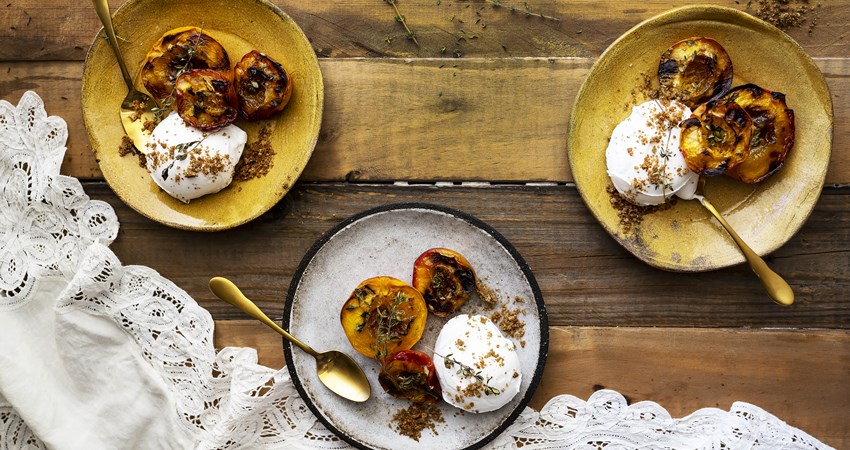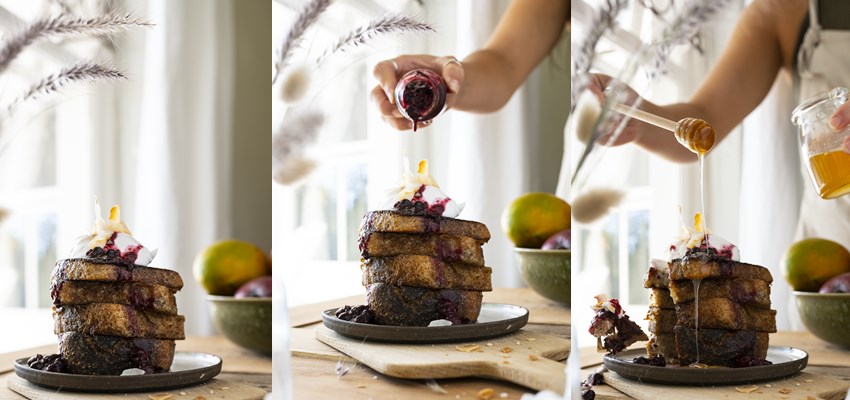The market for plant-based foods and zero alcohol beverages is booming as consumers become more aware of the benefits to their health, wellbeing and ultimately the planet.
Imagine a new eating, drinking and dining experience with different tastes, textures, flavours and combinations. A culinary adventure into a new paradigm based on kindness and compassion, focused around food and beverages that are not only good for you but other beings and the planet too.
The upside of this trend is that not only millennials and Generation Z are changing their eating habits for health, ethical and environmental reasons but that this growing trend has reached millions globally. There has been a shift in focus towards a more sustainable food culture and with it plant based eating has continued to grow on a world-wide scale. In January 2021, a record breaking 500 000 people signed up to join Veganuary in the first week of the year and South Africa was one of the top countries to join in. Veganuary encourages people to try vegan for the month of January and provides daily support with hints, tips, meal plans and recipes as well as information about the benefits of a vegan diet.
We have a collective responsibility for the wellbeing of ourselves, humanity and the planet that we all call home. If only we could live in harmony with nature for the benefit of us all rather than destroying it. Soil health is vital for human health and our soils have been greatly damaged due to the industrial and chemical revolution. Our food system has also changed drastically in the last years as food has become more and more processed, artificially preserved, coloured, flavoured and packaged. A small silver lining of lockdown has been the increase in growing, making and cooking our own food and supporting local organic farms as much as possible with home deliveries. This means that small scale farmers are not only being supported by boosting the local economy but also through buying seasonal, fresh and local produce we are reducing the carbon foot print of our food. I read recently that in a European country there is a new store that is the first of its kind, where products are priced according to their miles and carbon foot print – the higher the footprint, the higher the price.
After watching David Attenborough’s A Life On Our Planet, it brought home the devastating effects and environmental devastation we have had on the Earth. Attenborough managed to communicate an overwhelming reality with an invitation to collectively restore the damage that has already been done by instilling hope and inspiring individual and collective change. Attenborough says, “The truth is: the natural world is changing. And we are totally dependent on that world. It provides our food, water and air. It is the most precious thing we have and we need to defend it.” There are many ways in which to do this and one of the most powerful ways that is accessible for all regardless of socio-economic status, culture or background is through our plates, palates and kitchens.
I truly believe that we can change the world through our kitchens, little kitchens and big kitchens across the globe. If we can individually and collectively open our awareness, shift our consciousness and raise our vibration together we can change the world one meal at a time, one bite at a time and one kitchen at a time.
In late 2019, I attended the Business of Food and Wine Tourism Conference run by the dynamic Margi Biggs at Spier Wine Farm. Dion Chang, a trends analyst spoke to an audience of over 100 wine marketers about an unstoppable global trend that is on its way and here to stay. With all eyes on him and ears sharply listening, Chang announced the unstoppable growing trend of the plant based and alcohol-free revolution. I don’t think it was what any of the wine farms were expecting or wanted to hear, but change is definitely here and the demand for alcohol free is on the rise.
Health conscious, fitness-focused, pregnant women, those healing from auto-immune or chronic illnesses or who are living sober lifestyles are looking for drink alternatives and mindful beverages. This trend is already being seen across both large commercial brands as well as smaller artisanal producers in the beverage industry. There is great opportunity for innovation in this space for drink alternatives as well as alcohol-free bubbles, wines, beers, cocktails and spirits.
The zero alcohol and mindful drinking trend is even more important during a global pandemic as consumers prioritize boosting their immunity, improving their health and optimizing their wellbeing. There are a few differences between the processing of zero-alcohol, alcohol free and de-alcoholised but let’s not get technical, let’s rather taste them!
Three local wineries in the Western Cape are producing non-alcoholic sparkling wines that are elegant, stylish and perfect for celebrations.
J.C le Roux have revitalized their range with a focus on celebrating individual uniqueness and have two non-alcoholic sparkling wines in their range. Le Domaine, their sparkling white is fresh and crisp while La Fleurette, their sparkling blush has notes of strawberry and plum. Both these sparkling wines are a bit sweet and would make a great base for a summery mocktail with crushed iced, herbs and/or spices and edible flowers. The Le Domaine would pair beautifully with my recipe for Sticky Baked Peaches and Nectarines.

Mira's Sticky Baked Peaches - recipe here
Robertson Winery has produced a dry sparkling pink from grapes grown in lime rich soil. Being a dry sparkling, it has lovely fresh and fruity notes of lime and raspberry with a gentle hint of delicate spice. This sparkling would be a wonderful match for my Vegan French Toast with Berry Compote, Coconut Yoghurt + Toasted Coconut Flakes.

Mira's Vegan French Toast - recipe here
Van Loveren has introduced two dry zero alcohol sparkling wines to the market with their Absolute Zero and Absolute Zero Nectar. Absolute Zero has delicate fine bubbles and tropical flavours while the Nectar boasts a subtle sweetness with flavours of fresh fruit and nougat. The Nectar would be a great companion for my Cauli Wings with Cashew Sour Cream Dipping Sauce
These zero alcohol sparkling wines are de-alcoholised so they’re more than just a sparkling grape juice. They are beautifully bottled and packaged with a cork adding a sense of celebration to any occasion.
Small impacts make big changes and collectively we have the power to create positive waves of change through our daily choices of being a conscious consumer.